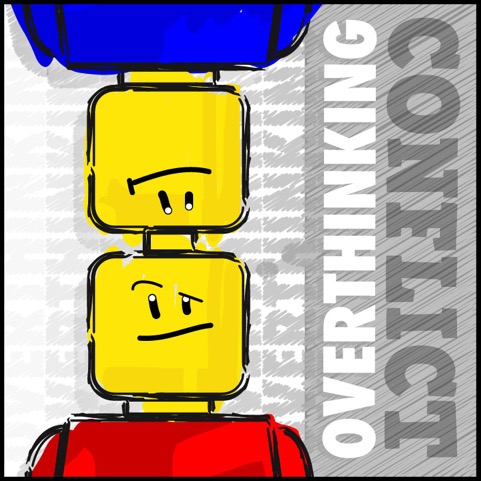Episode 12 - Reconciliation Beginnings
This week we continue our conversation with Roshan Danesh as it shifts to explore the Canadian context.
Section 35 of the Canadian Constitution
UN Declaration on the Rights of Indigenous Peoples
Sections 91 and Section 92 of the Canadian Constitution
Truth and Reconciliation Committee of Canada
The Canadian Government announced a setting a principled foundation for advancing renewed relationships with Indigenous Peoples based on the Recognition of Rights July 14, 2017
Read the full announcement here
Summary of the Principles
The Government of Canada recognizes that:
- All relations with Indigenous peoples need to be based on the recognition and implementation of their right to self-determination, including the inherent right of self-government.
- Reconciliation is a fundamental purpose of section 35 of the Constitution Act, 1982.
- The honour of the Crown guides the conduct of the Crown in all of its dealings with Indigenous peoples.
- Indigenous self-government is part of Canada’s evolving system of cooperative federalism and distinct orders of government.
- Treaties, agreements, and other constructive arrangements between Indigenous peoples and the Crown have been and are intended to be acts of reconciliation based on mutual recognition and respect.
- Meaningful engagement with Indigenous peoples aims to secure their free, prior, and informed consent when Canada proposes to take actions which impact them and their rights on their lands, territories, and resources.
- Respecting and implementing rights is essential and that any infringement of section 35 rights must by law meet a high threshold of justification which includes Indigenous perspectives and satisfies the Crown’s fiduciary obligations.
- Reconciliation and self-government require a renewed fiscal relationship, developed in collaboration with Indigenous nations, that promotes a mutually supportive climate for economic partnership and resource development.
- Reconciliation is an ongoing process that occurs in the context of evolving Indigenous-Crown relationships.
- A distinctions-based approach is needed to ensure that the unique rights, interests and circumstances of the First Nations, the Métis Nation and Inuit are acknowledged, affirmed, and implemented.
Read the full principles more detail on each principle here
What steps are you going to take to help transform your society? Chat with us @overconflict
Dr. Roshan Danesh
Roshan is a lawyer, conflict resolution innovator, and educator whose areas of work, teaching, and writing include international peace-building, constitutional law, Indigenous rights, Islamic law, and inter-ethnic and inter-religious dialogue. Roshan completed his S.J.D at Harvard Law School and LL.B at the University of Victoria, and has taught at many academic institutions around the world including the University of British Columbia, University of Victoria, European Peace University (Austria), the Justice Institute of British Columbia, and Landegg International University (Switzerland).
For the last 15 years Roshan has worked extensively on advancing Aboriginal title and rights and reconciliation. Concurrently, he has also advised governments and organizations around the world, including the United Nations, in the areas of peace-building, proactive conflict-resolution, and leadership. Roshan is a co-founders of Education for Peace, an international peace education and peace-building organization, which helped design and implement the post-war re-construction and re-integration of the education system of Bosnia and Herzegovina.

